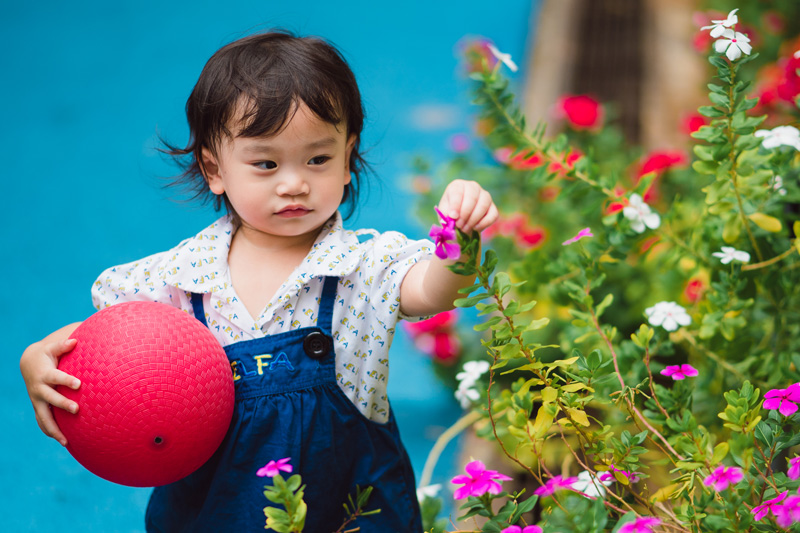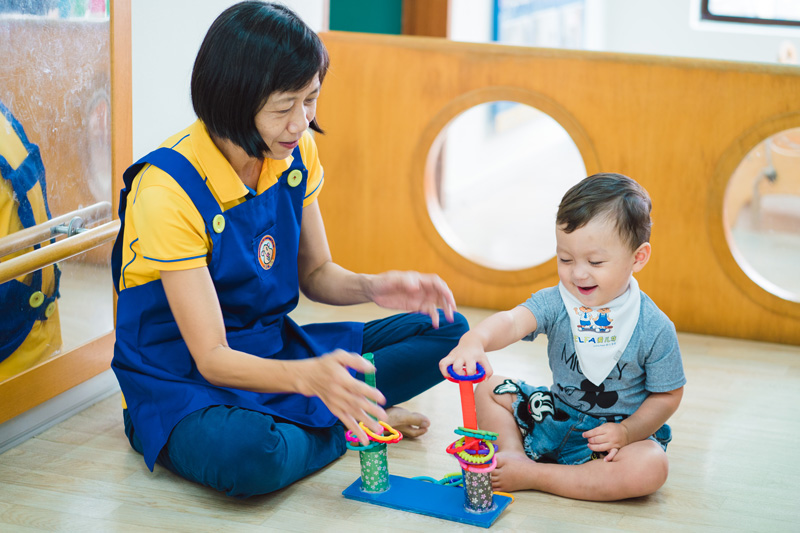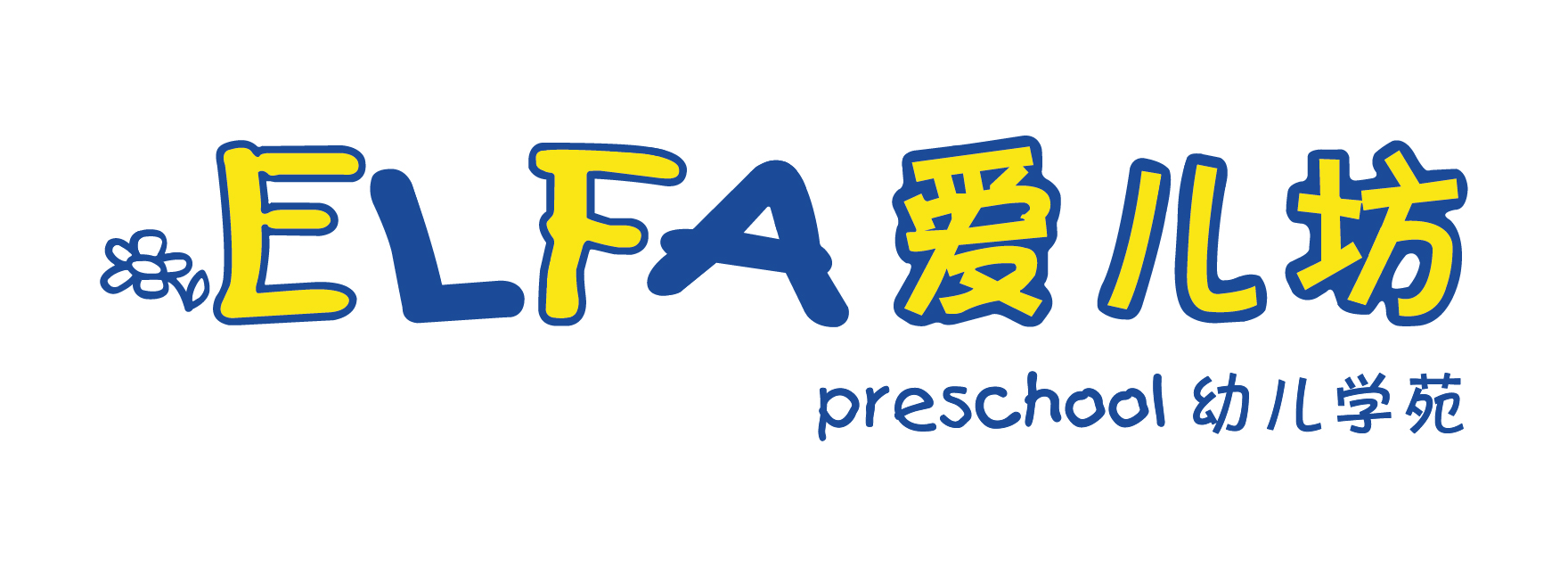
Children are born curious, with an innate desire to learn, gain a deeper understanding of the world around them and develop their imagination and sense of creativity. Curiosity is often seen as the first step to being a lifelong learner, motivating to seek out new experiences and answers, which can lead to success later on in life. Little ones often find it easier to express their curiosity in a safe environment, such as at home or in school.
At home, parents can help their children develop a sense of curiosity by instilling openness and hunger for learning from young, through their formative schooling years. In school, an environment where students are encouraged to ask questions, explore, make mistakes, be challenged, and experience success in a healthy and familiar environment will help nurture a greater sense of curiosity.
Dr Carol Loy, Director of Curriculum and Professional Development, and Ms Charlotte Wong, Infant & Curriculum Specialist at ELFA Preschool share more about how a child’s environment can help develop their curiosity, as well as an active desire and eagerness to investigate, learn, and explore.
Understanding curiosity in children
For infants, if they are curious, parents should allow them to explore within safe boundaries. Distracting or dictating how a child does things might not allow them to develop their curiosity to explore. Infants and toddlers may not be able to formulate a proper sentence to ask questions, but they are able to notice changes in their environment, and even look for an item when hidden intentionally. That is why they love games like peek-a-boo using translucent scarves and hide-and-seek. Parents can “test” their curiosity with an object permanence box.
Once they grow older, parents should ask questions that get the child thinking and should not jump into providing answers. Allowing the child to have time to think through the problem and solutions helps them to learn and find out more.
What to look out for in schools
Schools can also provide an environment for children to develop their curiosity, through specially curated curriculums that provide constant exposure to situations that engages it.

Passionate educators often pique the curiosity of infants and toddlers by introducing exploratory play. The use of safe and natural materials, like fruits, pasta and flowers, make learning valuable and allows children to acquire new vocabulary while evoking their senses.
For example, besides meeting the basic needs of the growing infant, ELFA Serangoon’s Infant and Toddler programme is carried out in an environment that is designed with the highest possible level of safety in mind and provides ample opportunities for sensory, cognitive, creative and emotional stimulation during crucial growing months. The child’s five senses are engaged using colours, play tools, textures and sounds. By discovering cause-and-effect through play, the child develops a sense of creativity, inquisitiveness and exploration.
As children progress and grow from toddlers to preschoolers, their curiosity will only continue to grow. That is why in ELFA, our Higher-Order-Thinking Maths and Chinese-inspired Arts plays an important role in the development of our children. At ELFA, the curriculum creates avenues for hands-on experience with natural materials, encouraging investigation and exploration. This in turn presents opportunities for development of logical thinking skills such as sequencing, classification and problem-solving skills.
Ultimately, children need to be encouraged and given the safe space and freedom to explore and question, to develop a sense of curiosity that will help them grow into the best versions of themselves.
